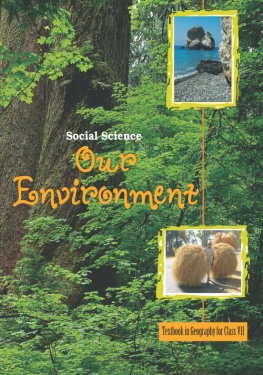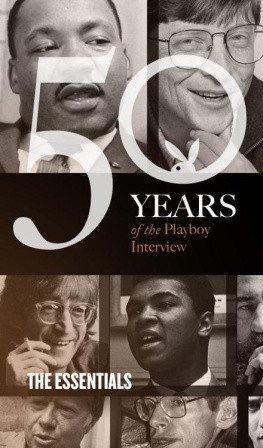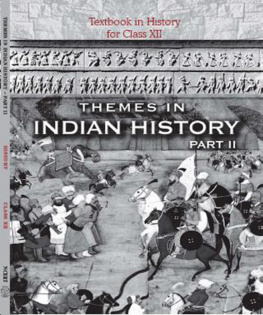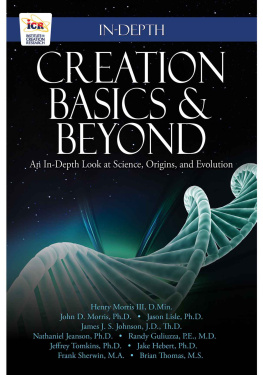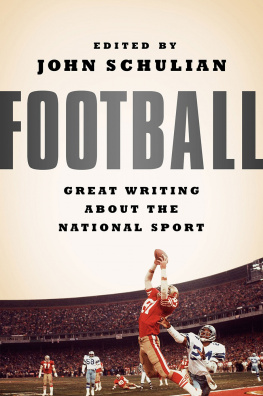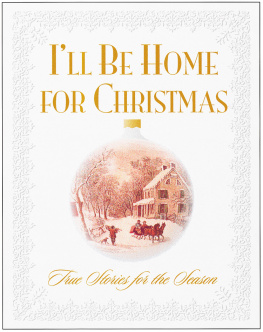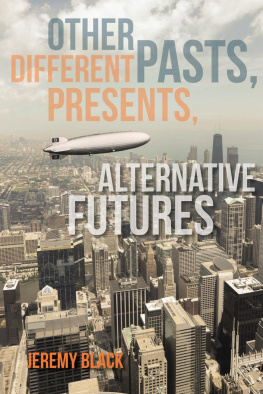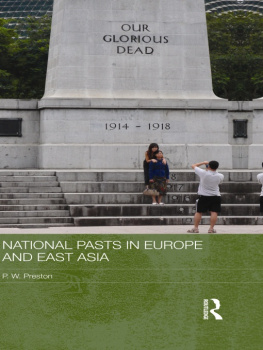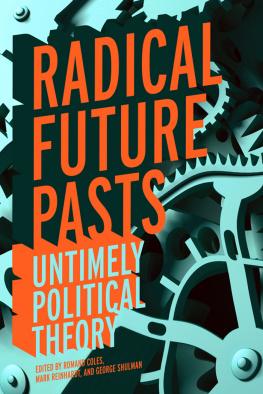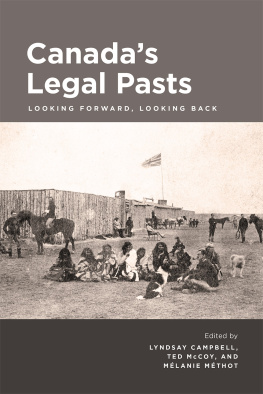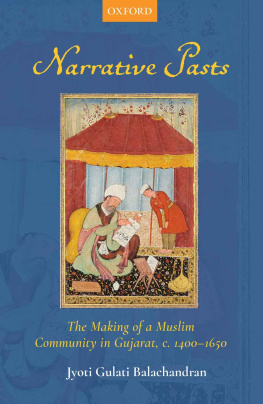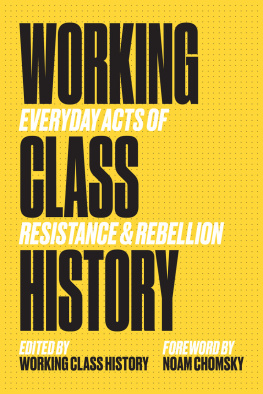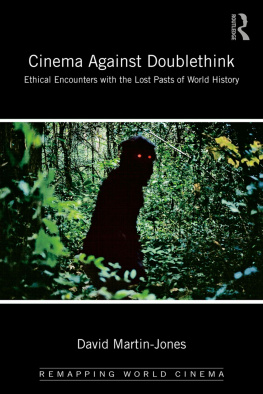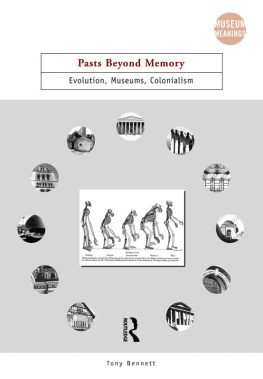Various - Our Pasts 2 (History Class 7)
Here you can read online Various - Our Pasts 2 (History Class 7) full text of the book (entire story) in english for free. Download pdf and epub, get meaning, cover and reviews about this ebook. publisher: National Council of Educational Research and Training (NCERT), India, genre: History. Description of the work, (preface) as well as reviews are available. Best literature library LitArk.com created for fans of good reading and offers a wide selection of genres:
Romance novel
Science fiction
Adventure
Detective
Science
History
Home and family
Prose
Art
Politics
Computer
Non-fiction
Religion
Business
Children
Humor
Choose a favorite category and find really read worthwhile books. Enjoy immersion in the world of imagination, feel the emotions of the characters or learn something new for yourself, make an fascinating discovery.
Our Pasts 2 (History Class 7): summary, description and annotation
We offer to read an annotation, description, summary or preface (depends on what the author of the book "Our Pasts 2 (History Class 7)" wrote himself). If you haven't found the necessary information about the book — write in the comments, we will try to find it.
Various: author's other books
Who wrote Our Pasts 2 (History Class 7)? Find out the surname, the name of the author of the book and a list of all author's works by series.
Our Pasts 2 (History Class 7) — read online for free the complete book (whole text) full work
Below is the text of the book, divided by pages. System saving the place of the last page read, allows you to conveniently read the book "Our Pasts 2 (History Class 7)" online for free, without having to search again every time where you left off. Put a bookmark, and you can go to the page where you finished reading at any time.
Font size:
Interval:
Bookmark:

Textbook Development Committee
Chairperson, Advisory Committee for Textbooks in Social Science for the Secondary Stage
Hari Vasudevan, Professor , Department of History, University of Calcutta, Kolkata
Chief Advisor
Neeladri Bhattacharya, Professor , Centre for Historical Studies, School of Social Sciences, Jawaharlal Nehru University, New Delhi
Advisor
Kunal Chakrabarti , Professor , Centre for Historical Studies, School of Social Sciences, Jawaharlal Nehru University, New Delhi
Sunil Kumar, Reader , Department of History, Delhi University, Delhi
Team Members
Anil Sethi, Former Professor , DESS, NCERT, New Delhi
Bhairavi Prasad Sahu, Professor and Head , Department of History, Delhi University, Delhi
Chetan Singh, Professor , Department of History, Himachal Pradesh University, Shimla, H.P.
C. N. Subramaniam, Director , Eklavya, Kothi Bazar, Hoshangabad, Madhya Pradesh
Farhat Hasan, Reader , Department of History, Aligarh Muslim University, Aligarh, U.P.
Kesavan Veluthat, Professor , Department of History, Mangalore University, Mangalore, Karnataka
Kumkum Roy, Associate Professor , Centre for Historical Studies, School of Social Sciences, Jawaharlal Nehru University, New Delhi
Mily Roy, Sr. Lecturer , DESS, NCERT, New Delhi
Nayana Das Gupta, Lecturer in History, Lady Sri Ram College, Delhi University, Delhi
Rajan Gurukkal, Professor , Department of History, Mahatma Gandhi University, Kottayam, Kerela
Rajat Dutta, Professor , Centre for Historical Studies, School of Social Sciences, Jawaharlal Nehru University, New Delhi
Sreela Mitra, PGT , History, Vasant Valley School, Vasant Kunj , New Delhi
Suchi Bajaj, PGT , History, Springdales School, Pusa Road, New Delhi
Vijaya Ramaswamy, Professor , Centre for Historical Studies, School of Social Sciences, Jawaharlal Nehru University, New Delhi
Member-Coordinator
Reetu Singh, Lecturer , DESS, NCERT, New Delhi
Publication Team
Head, Publication Division : Ashok Srivastava
Chief Production Officer : Shiv Kumar
Chief Business Manager : Gautam Ganguly
Chief Editor (Contractual Service) : Naresh Yadav
Production Officer : Arun Chitkara
Cover and Layout
Arrt Creations
Cartography
Cartographic Designs Agency
EPUB Team
Introduction
The revised syllabus for the Social Sciences in Classes VI-XII attempts to advance an on-going process of assisting children and young people to understand that a healthy engagement with the world must come as much from the way society takes shape and functions as from a proper sense of its material and physical foundations. From this, it is expected, a vision will evolve that the Social Sciences provide both essential skills of comprehension that are fundamental to any activity, and a means of self-understanding and fulfillment that can be diverting, exciting and challenging. The syllabus assumes that the knowledge apparatus of the child and the young person is itself complex-both given the wide range of materials that the visual and print media have drawn into country and urban life and the nature of the problems of everyday life. To negotiate the diversity and confusion and excitement the world throws up itself requires activity and insight that the Social Sciences can substantially provide. To have a firm and flexible perspective on Indias past and the world from which, and in which, the country develops, sensitivity to crucial social problems is essential. The syllabus attempts to encourage such sensitivity and provide it with the ground on which it may deepen stressing that attention should be paid to the means through which sensitivity and curiosity are aroused as much as the specific information that stimulates it.
The Social Sciences have been a part of the school curriculum before Class VI as part of the teaching of Environmental Studies. The revised EVS syllabus has attempted to draw the childs attention in Classes III-V to the broad span of time, space and the life in society, integrating this with the way in which she or he has come to see and understand the world around them.
In Classes VI-X, this process continues, but with a greater attention to specific themes and with an eye to the disciplines through which Social Sciences perspectives have evolved. Up to a point, the subjects that are the focus of college-level teaching History, Geography, Political Science, and Economics are meant to take shape in the childs imagination during these years but only in a manner where their boundaries are open to dispute, and their disciplinary quality is understated. With such intentions, syllabus-makers have been more concerned with theme and involvement rather than information. Textbook writers will be concerned to ensure that understanding does not suffer through suffocation by obsession with detail. Equally, the themes and details that are brought before the child for attention and discussion are also meant to clarify doubts and disputes that take shape in contemporary society through an involvement of the classroom in discussions and debates via the medium of the syllabus.
With such a focus in mind, syllabus-makers for the Upper Primary and Secondary Stages have sought to ensure that their course content overlaps at various levels, to strengthen understanding, and provide a foundation in detail from which natural curiosity and the capacity for investigation may evolve and develop. It is also anticipated that, in keeping with the spirit of the National Curriculum Framework the syllabus itself will promote project work that encourages the child to take stock of the overlap, to see a problem as existing at different and interconnected levels. Guides to this as well as specific instances will be provided in textbooks.
Throughout, Indias own experiences over time, and the solutions advocated by national governments, as well as the problems they have encountered, are expected to give the child a firm sense of locality, region and nation in an interconnected and complex manner. Both the intentions that have stimulated policy, the ideals and compulsions that have guided them as well as the diversity of experience of what has taken place finds attention and enquiry in the syllabus. Equally, comparisons between Indias experience and global experiences are encouraged and Indias interactions with the world find attention. Social, cultural and political issues are the focus of comparison.
It is within such a framework that the deeper engagement with disciplines are expected to evolve in Classes XI and XII allowing the young person either to prepare for higher education or a broad range of professions that require more specific skills. While anticipating some of the concerns of higher education, the syllabus of this time must and does focus on foundation rather than information stimulating an awareness of essential categories, and a broad sense of disciplinary areas.
History: Our Pasts
Rationale
From Class VI all students would read history as a component of Social Sciences. This component has been devised in a way that would help students develop a historical sensibility and awareness of the significance of history. The assumption has been that students need to see history not simply as a set of facts about the past economic, social, political, and cultural but that they have to learn to think historically. Students have to acquire a capacity to make interconnections between processes and events, between developments in one place and another, and see the link between histories of different groups and societies.
Font size:
Interval:
Bookmark:
Similar books «Our Pasts 2 (History Class 7)»
Look at similar books to Our Pasts 2 (History Class 7). We have selected literature similar in name and meaning in the hope of providing readers with more options to find new, interesting, not yet read works.
Discussion, reviews of the book Our Pasts 2 (History Class 7) and just readers' own opinions. Leave your comments, write what you think about the work, its meaning or the main characters. Specify what exactly you liked and what you didn't like, and why you think so.

